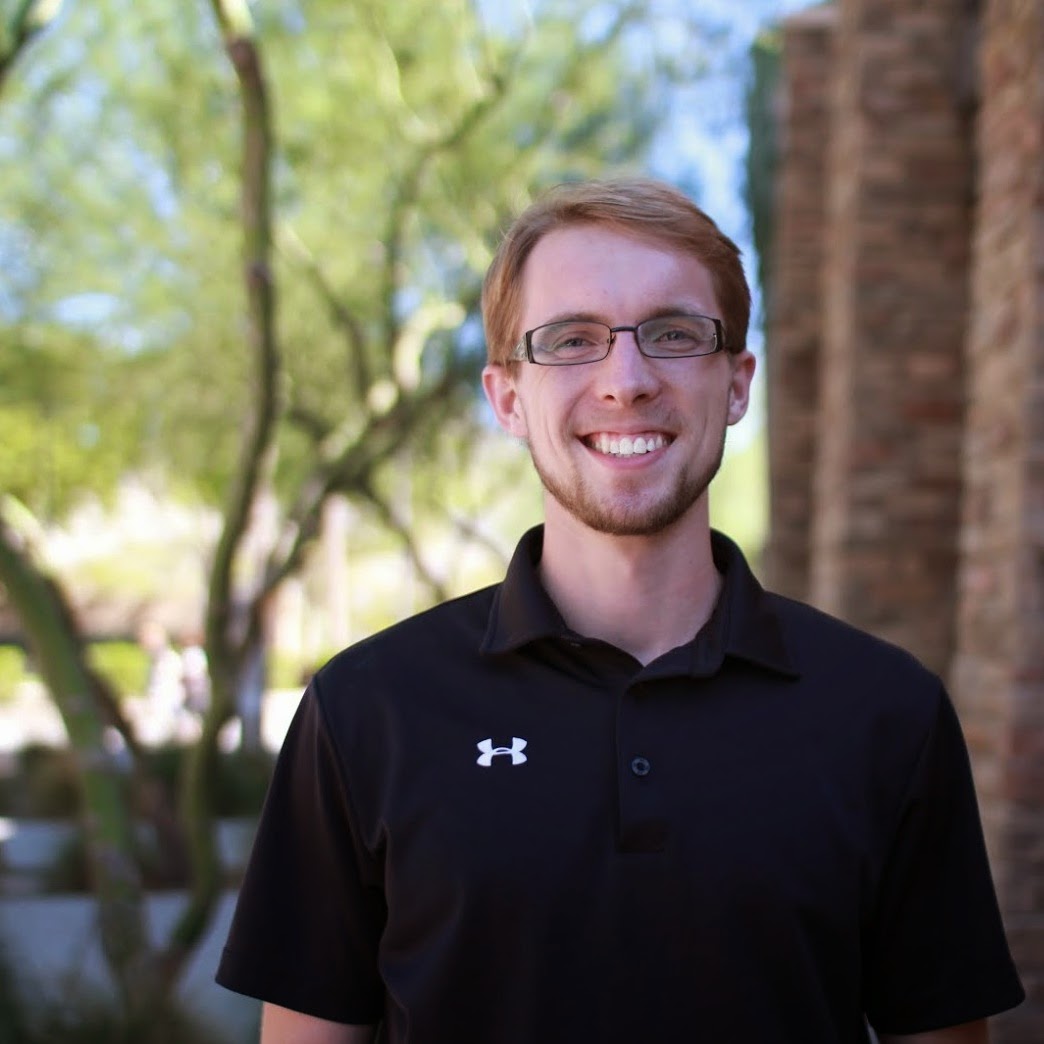
I am asked a lot by people, "How do you know that you know the REAL Jesus?"
What they are usually really asking is how I could possibly believe that my understanding of Jesus is correct, and why I think so many have gotten Him wrong.
In many ways my well is poisoned when I try to answer that question, they have already basically made the assumption that I am an arrogant pseudo-scholar who thinks I understand Jesus perfectly and if anyone disagrees with me they are inherently wrong.
I hope to never come across as that guy.
But at the same time I do believe that the Jesus I have come to know, love, and worship is the same Jesus that walked this earth 2000 years ago. You cannot separate the Jesus of history from the Christ of faith. They are the same person.
My response is usually that I side with the people who knew Jesus best while he was on earth, that is, the Gospel writers and the Apostles.
I believe that the tradition handed down from them through the pages of the Bible has been kept in tact and is as reliable, if not more reliable than any other ancient documents we have about any historical event or person, ever. (A fact that I would encourage everyone to do deeper study on.)
Why? Because I have no reason not to. The Greek manuscripts we have proved that the words were left unchanged. Jewish studies have proven to us that Scribes and priests made their top priority in their lives to accurately translate and record the Scriptures handed down since the days of Moses.
Many tell me that the Jesus in the Bible, or rather the 'God' of the Bible (as if they are somehow separate) is too primitive, too outdated, too ridiculous to actually believe in. If I ask who they believe in, I usually already know the answer. It is an image of a god who looks a lot like them, or who they want to be.
George Tyrrell once used an analogy to answer why that is the most ridiculous claim one can make,
When one looks into the deep well of history in search of Jesus, there is always the real hazard of seeing one's own reflection gazing back, and mistaking that for Jesus.
A god who is palatable to our own ideas and boxed in on what our idea of morality, love, and even sovereignty is, is no god, but a fantasy. A desire to know Jesus outside of the Scriptures is just as bizarre as wanting to know Jesus outside of community with His people.
Another scholar puts it this way, "God created us in His image, and then we returned the favor."
How arrogant of us to think that the Creator is out of touch with us today?Or that we would make better gods than YHWH ever could?
I'm sorry people think the God of Abraham, Isaac, and Jacob is out of touch with the 21st Century, I really am, because all that tells me is that there are millions and millions and millions of people who are out of touch with reality themselves.
The mission is still binding, brothers and sisters, and I stand on my firm belief that the Gospel and the Gospel alone is what can and will save this world. The old, old story that has been the Power of God unto salvation for 2000 years is still just as alive and powerful today... and still just as needed today.
-----
Nathan Bryant
is a pastor at River Run Church in East Orlando, FL. As a student at Ozark Christian College in Joplin, Missouri he majored in Biblical Leadership, New Testament Studies, and Missiology. In 2014 he attended the Leadership Institute in Phoenix, AZ where he continued his education from other pastors and educators at one of the fastest growing churches in the United States. He loves the outdoors, whether it is camping in the mountains or jumping through the waves at the beach, nothing is better than enjoying God’s creation. Nathan longs for unity and commitment to Jesus to be a defining element in the global church of his generation.
Christ's Kingdom is bigger than our causes.
Christ's Kingdom is bigger than our boundaries.
Follow him on Twitter: Follow @nathanpbryant
Nathan's Website
Follow him on Twitter: Follow @nathanpbryant
Nathan's Website








